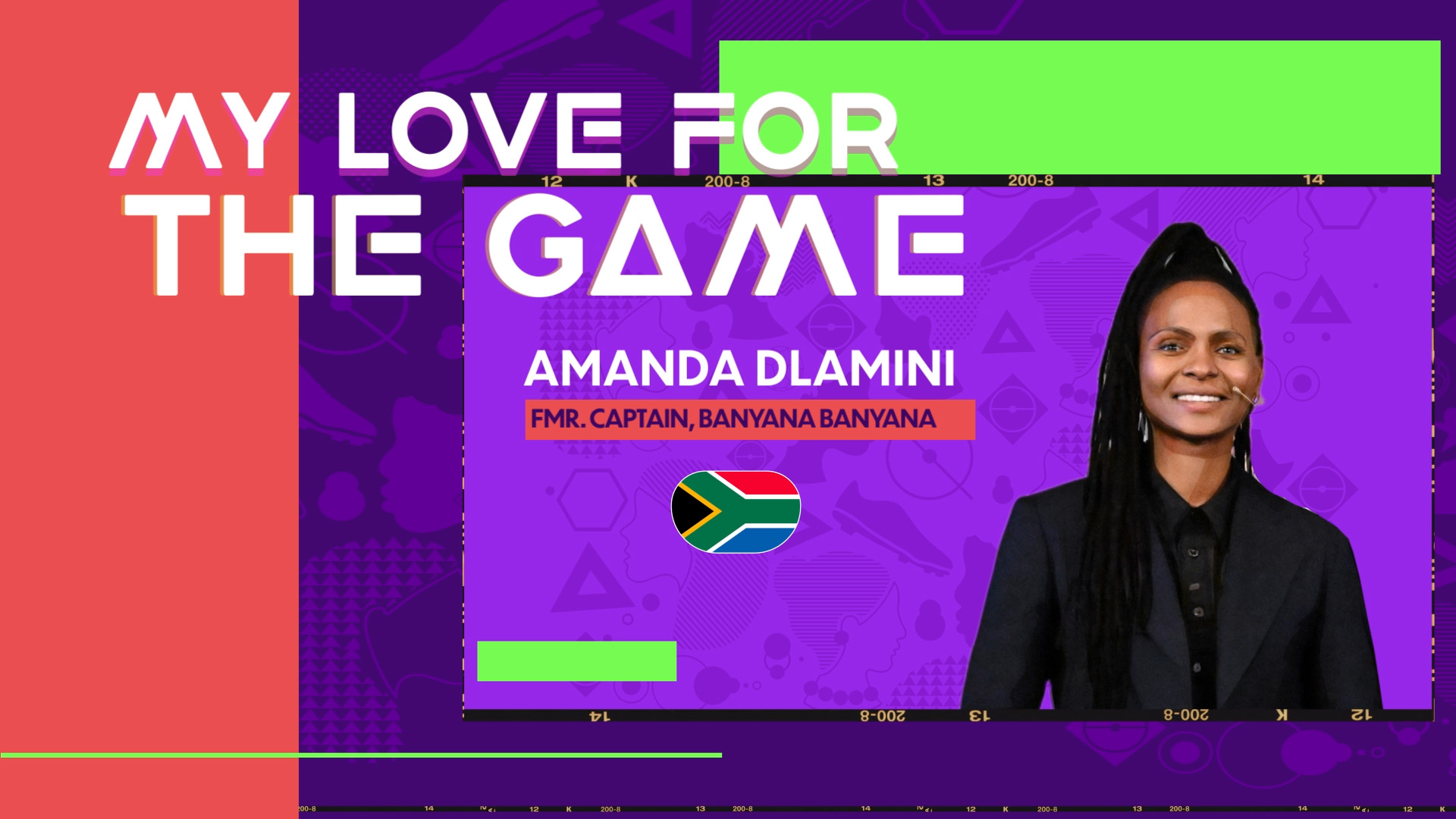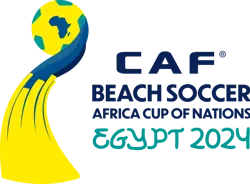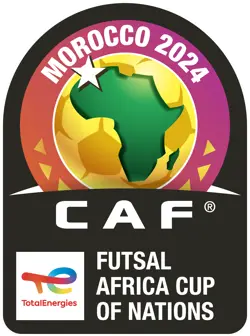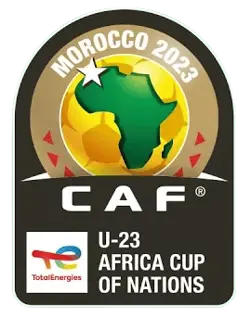Amanda Dlamini: From Rural Roots to Ruling the Roost

Amanda Dlamini’s journey from the remote hills of KwaZulu-Natal to becoming a celebrated CAF Legend and prominent football broadcaster is a story of resilience, talent, and unwavering determination.
Born in Harding, a small rural town nestled in the heart of KwaZulu-Natal, Dlamini’s rise is nothing short of remarkable. Growing up far from the spotlight and major football hubs, she never imagined that the national stage was within her reach.
“Just the massive impact that playing for my national team has had on me personally, my family, and my community … I come from one of the smallest places back home in the deep rural areas of KwaZulu-Natal,” Dlamini reflects. “When you tell people where you come from, everybody’s like: where is that? From Johannesburg, it’s about an eight-hour drive. I never thought anyone would discover me.”
Despite her humble beginnings, Dlamini's talent and drive propelled her to the national stage. But the path was anything but easy.
“Having to leave home to pursue greener pastures – that wasn’t comfortable. And I think that’s why you find me now as part of the CAF Legends,” she says.
Her message to young footballers is heartfelt and clear:
“You don’t have to leave where you’re from. Access and opportunities should come to you, to elevate your career and give you a chance. Leaving home wasn’t easy; leaving my parents behind and chasing this football dream. But when I made it, my life changed.”
Wearing the South African national team jersey wasn’t just a personal milestone; it was a life-altering experience that reshaped her future and became a beacon of hope for young girls across under-resourced communities.
“And the little incentives you get; I won’t lie, they help. You’re able to lay the foundation for your home, ensure shelter, and pursue education. I managed to get into university because of football.”
Scoring goals was never guaranteed, but when it happened, it was unforgettable.
“Scoring is not easy at international level; the quality is so high. Sometimes, the goal doesn’t come. But when it does, you’re relieved and grateful. I scored 25 goals. I never thought I’d even get to 10. I didn’t even practice celebrations because I didn’t think I’d score that many! But it became something I could pride myself on.”
Her leap from player to broadcaster opened a new chapter.
“I’m now in broadcasting, and it all started with one talent I’ve had since childhood. I chased it. I’ve had amazing opportunities come my way even after football. I can’t express enough how grateful I am to football.”
She remembers one moment vividly:
“I get teary-eyed thinking about it. I’ve only been in commentary for two or three seasons, and getting to call the South Africa vs Morocco final on my birthday in Morocco… it was unbelievable.”
She credits much of her growth to great mentorship:
“I had good mentors around me. Ben [Graham], a renowned commentator from Ghana, and Duane Dell'oca from South Africa, who’s done the Olympics. I was in good hands. That was a massive opportunity.”
Dlamini has also witnessed the dramatic evolution of the women’s game in Africa.
“The women’s game in Africa has seriously evolved. Five or six years ago, when we were still playing, things were different. Today’s players enjoy more financial incentives, programs, and better opportunities.”
Yet visibility, she stresses, is just as critical as investment.
“Equal pay isn’t just about salary. Are we getting equal platforms? Equal access? Equal broadcasting rights? Women’s football must be visible for people to know about it.”
With more African teams now qualifying for major tournaments, Dlamini sees a bright future, but warns that talent alone won’t win titles.
With WAFCON 2024 under way, she casts a thoughtful eye on Banyana Banyana:
“They came in as defending champions, which brings pressure. Everyone wants to beat the champions. My concern is whether South Africa prepared adequately, understanding the weight they carry.”
She adds: “Morocco’s home support is no joke. Their fans show up in massive numbers. And Nigeria, the record holders, will be out to reclaim their dominance. Banyana looks good on paper, but preparation is key.”
Dlamini’s story is more than a tale of personal triumph, it’s proof of what can happen when talent meets opportunity. It’s a call to action: to build systems where young athletes, no matter where they come from, don’t have to leave everything behind to achieve their dreams.
“Life after football… I’m in broadcasting because of that one talent I chased as a kid. Football gave me everything. I’m truly grateful.”
Her legacy continues to inspire, proving that dreams are possible, even from the most remote corners of South Africa.















